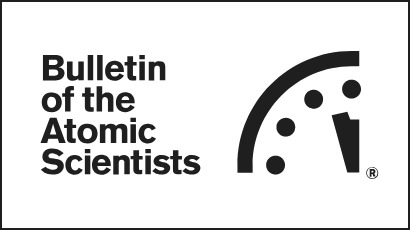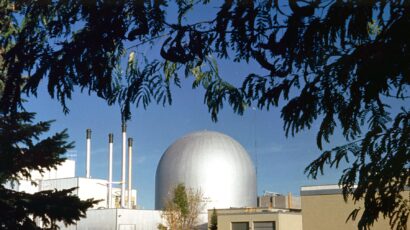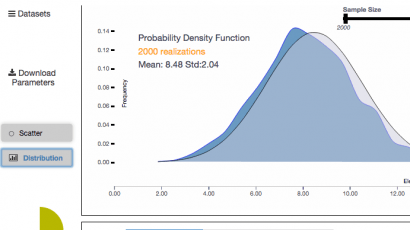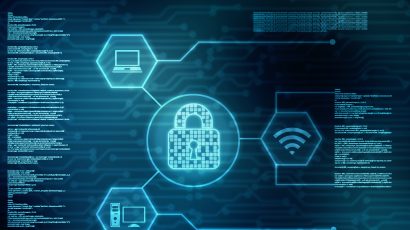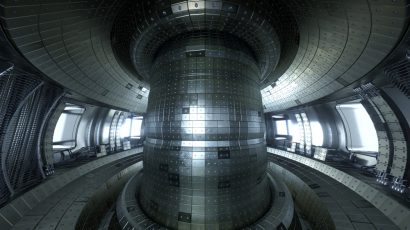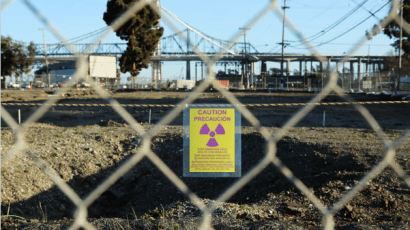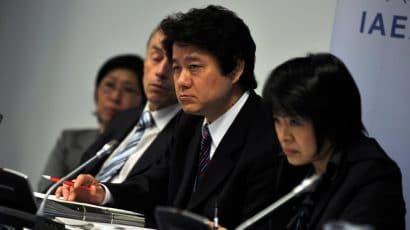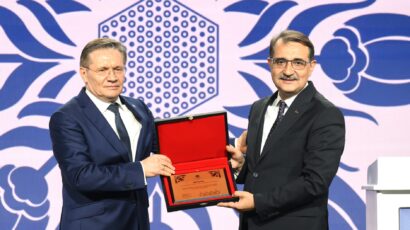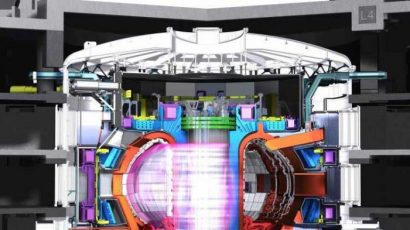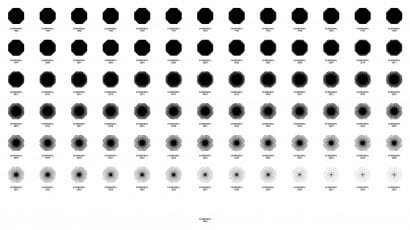Search results for
Nuclear industry wants Canada to lift ban on reprocessing plutonium, despite proliferation risks
In Canada, the nuclear industry quietly works to revert a nearly half-century ban on plutonium reprocessing, without public consultation.
The Nuclear Security Summit: Wins, losses, and draws
The just-concluded fourth and final Nuclear Security Summit saw some serious progress, but also some missed opportunities.
Introducing the Nuclear Fuel Cycle Cost Calculator
Over the last two years, the Bulletin of the Atomic Scientists and the University of Chicago have created an online tool that will help countries understand the true cost of choosing the reprocessing route—and perhaps help limit the spread of nuclear reprocessing. Here's how.
Drones at nuclear power plants: enemies or helpers?
Small, unmanned aircraft can perform critical tasks after a nuclear accident, but may be a security threat otherwise. Here’s how to separate good drones from bad ones.
Cyber security at nuclear facilities: US-Russian joint support needed
The current political climate makes it difficult for the United States and Russia to cooperate on cyber security, but they can start by supporting other nations that have civilian nuclear facilities.
Questions for the US Nuclear Regulatory Commission confirmation hearings
What should senators ask the nominees?
The US-Russian teamwork that kept nuclear weapons safe
How scientists from once-and-future adversaries cooperated to prevent nuclear catastrophe.
Bulletin of the Atomic Scientists’ Special Issue: Nuclear Energy in the Middle East
For immediate release: January 15, 2016 Bulletin Media Contact: Janice Sinclaire, [email protected] CHICAGO– January 15, 2016 – The nuclear agreement that Iran and six major world powers signed in 2015 has focused attention on Middle Eastern nuclear politics. But as the Bulletin of the Atomic Scientists’ Executive Editor and Publisher, Rachel Bronson, observes, that deal … Continued
Safety—the overlooked crucial issue in Iranian nuclear negotiations
Nuclear safety doesn’t get much press, but making sure power plants can withstand dangers should be an important part of the talks
Nerds, ninjas, and neutrons: The story of the Nuclear Emergency Support Team
Recently declassified material and other information that has never before appeared in the public domain allow a glimpse into the workings of the Nuclear Emergency Support Team —often one of the first agencies to respond whenever there is an incident involving a nuclear weapon or a nuclear reactor.
Treasure Island cleanup exposes Navy’s mishandling of its nuclear past
For decades before it was selected for closure, the Treasure Island Naval Station in San Francisco Bay overhauled military ships and housed nuclear war academies that used radium, plutonium, and cesium 137 in their training courses. The Navy knew for years that those materials were not always in safe hands. But it did not acknowledge that history publicly, and as a result, workers preparing for civilian redevelopment may have inadvertently spread radioactive material around the island, The Center for Investigative Reporting (CIR) has found in a yearlong investigation co-published by the Bulletin of the Atomic Scientists.
Improving the communication of risks before, during, and after a nuclear accident
Governments need to think more holistically about the risks of a nuclear accident—and educate the public about them.
Cutting power: How creative measures can end the EU’s dependence on Russian nuclear fuel
A staged approach to sanctions could help the EU end its nuclear fuel dependency on Russia—quickly and efficiently.
Fusion reactors: Not what they’re cracked up to be
Long touted as the “perfect” energy source, fusion reactors share many drawbacks with fission—and even add a few new ones of their own.
It is still three minutes to midnight
In keeping the hands of the Doomsday Clock at three minutes to midnight, the members of the Bulletin of the Atomic Scientists Science and Security Board mean to make a clear statement: The world situation remains highly threatening to humanity, and decisive action to reduce the danger posed by nuclear weapons and climate change is urgently required.
Rebranding Chernobyl
A team of Ukrainian graphic designers has created an ever-changing image that captures the evolving aftermath of nuclear disaster.
What is Euratom and why has it emerged as a Brexit battleground?
What happens to nuclear safety and security if Britain leaves? And what happens to cancer patients who depend upon medical radioisotopes from continental Europe?
From the Bulletin archives: Selected readings on Chernobyl
The crisis at Japan's Fukushima Daiichi nuclear power plant following the 9.0 earthquake and tsunami on March 11, has brought the past tragedies at Chernobyl and Three Mile Island into the spotlight again. To offer a more thorough understanding of Chernobyl, the Bulletin has compiled this reading list from its archives. Dating from 1945 to 1998 and 1998 to present, the Bulletin's archives are a valuable resource for those interested in additional materials.
